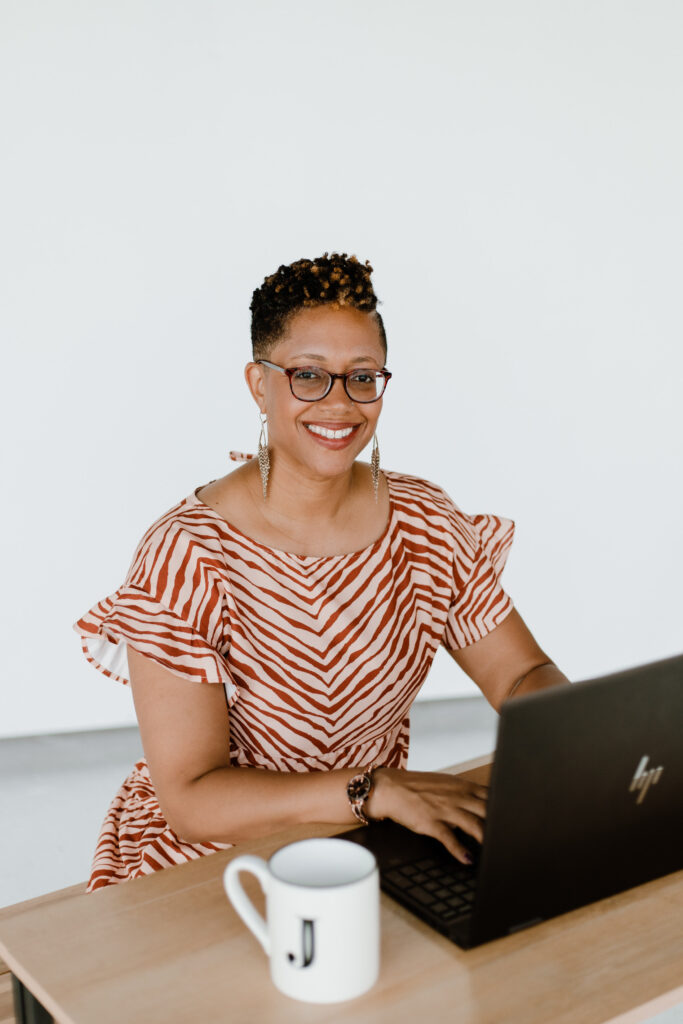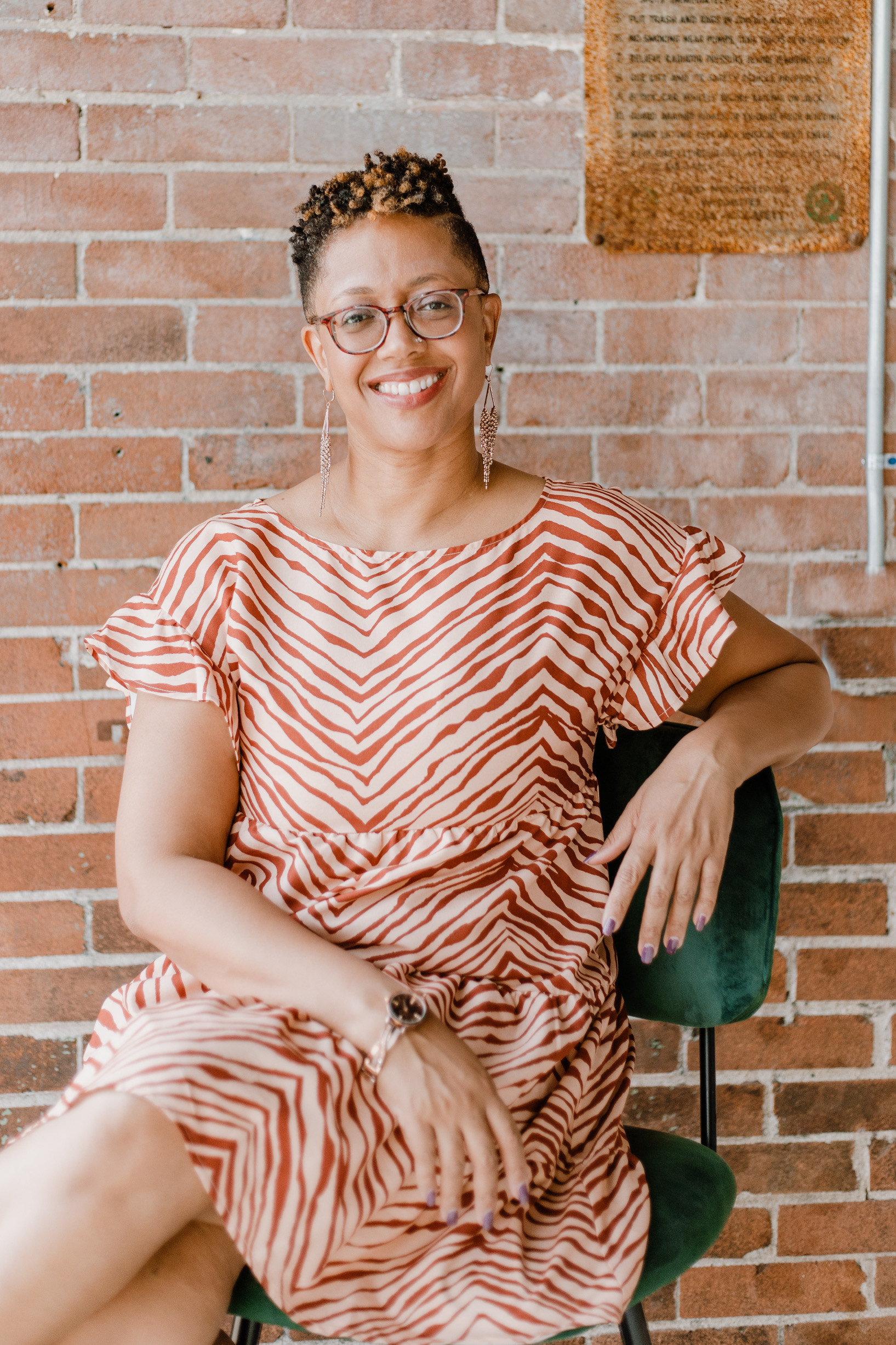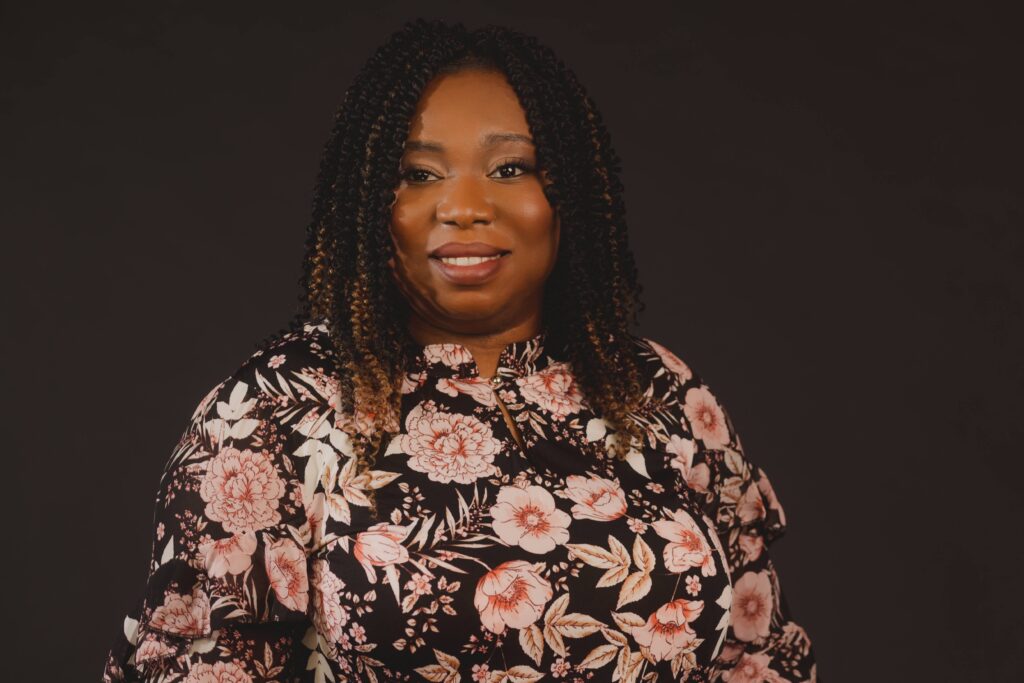Written By: Dr. Christina Jackson, Ph.D., LCPC
The dating landscape in the 2020s can be tricky to navigate when anyone can pretend to be the person of your dreams behind a digital mask. But whether you’re looking for love online or through your own personal networks, it’s in everyone’s best interest to know what they want and why.
A 2020 study by the Pew Research Center found that 65 percent of women and 45 percent of men surveyed had a hard time finding someone looking for the same type of relationship as them. Fifty-six percent of women and 35 percent of men had a hard time finding someone who met their expectations. Dating with intention is imperative if one desires a healthy relationship. Intentional dating is knowing what you bring to the table, who you want to be in a committed relationship with, and why you want to date in the first place. It’s a great way to avoid unnecessary heartbreak and wasted time. My clients know that I make it a point to dig into the “why” behind their behaviors. I believe that you need to identify why you’re jumping into the dating pool. People tend to date based on feelings, and sometimes it’s a feeling of boredom, wanting to be desired, or wanting attention and physical touch. We tend to date from a perspective of gaining something or filling a void in our lives.

While we all have needs, it’s important to remember that a healthy relationship requires the participation of two individuals who know themselves and are on a healing journey.
We’ve all heard the expression that hurt people hurt people. Well, you run a big risk of being hurt when either of you is carrying significant hurt from past issues.
If you’re not doing the work to clear up those deficiencies, it can cause more damage to yourself and possibly the other person. Let’s take driving a car with one good eye as an example. More than likely, you’re going to crash at some point because you don’t have full sight. Now, you wreck the first car (relationship), then decide to get a new car (relationship) and damage it, too. And the cycle continues. It doesn’t matter who’s in the car (new person) or if you even get a new car (relationship). Your vision is still the same, since you haven’t corrected it.
To lower your chances of crashing, I suggest that you get to know yourself. Know, for instance, that you lack self-confidence. It’s a starting point, but that, in itself, is not enough. Some people think that if they are aware of their issues, they have done all the necessary work in the healing journey. Unfortunately, that is just the beginning. The next step is to begin identifying those unhealed areas that may be contributing to your low self-confidence.
Seeking outside help is the key. You need someone who knows you to question whether what you believe about the world is true or if it’s something that you’ve normalized. You’ll have to be vulnerable in order to facilitate change, but it’s worth it.
That could be older wise counsel, counseling from a religious/spiritual leader, or therapy from a mental health professional. It could be a combination of all three, but get the help to make the necessary changes and gain control over your life. The same way that you should know your intention for dating, you want to seek out people who also are clear about why they are dating. I hear some clients say that there are no good options left in the dating pool. I beg to differ and have heard and witnessed that there are good dating options out here, but like the client, they may not know what they want, and vice versa. Therein lies the problem.
Let’s say you’ve done the work to start healing. One way to help the next generation of young people in your sphere of influence is to become the older wise counsel that they need, who is further along in their healing journey.
I should also mention that this generation wants to hear the real deal, and they can spot someone fake from a mile away. Telling them just the nice parts of your relationships is not helpful because relationships are not just nice. Share the lessons that you’ve learned the hard way so that, hopefully, they can avoid them. Of course, this means that you’ll have to be vulnerable here, too. Taking off the mask only makes you more relatable and builds trust. It opens the door for them to communicate openly with you in turn.
They also need to see you model what you’re saying. They can easily spot a hypocrite and will most likely dismiss what you have to say immediately, so make sure you’re doing what you advise them to do. When you get yourself to a place of healing, the next generation can live – and love – intentionally.
Dr. Jackson is the founder and CEO of Samaritan Counseling and Consulting Services LLC. After receiving her Bachelor’s degree in Psychology from The Ohio State University and a Master’s degree in Community Counseling from Loyola University-Chicago, she attained a Ph.D. in Counseling Psychology from the University of Wisconsin-Milwaukee.
Dr. Jackson uses her teaching and clinical experience to empower clients of all ages to be the best versions of themselves, while considering their overall health. Ultimately, the goal is for her clients to become better parents, children, spouses/partners, and friends to foster healthier relationships. As the mother of three children, Dr. Jackson takes this mission seriously.
Follow Us On Social Media!




